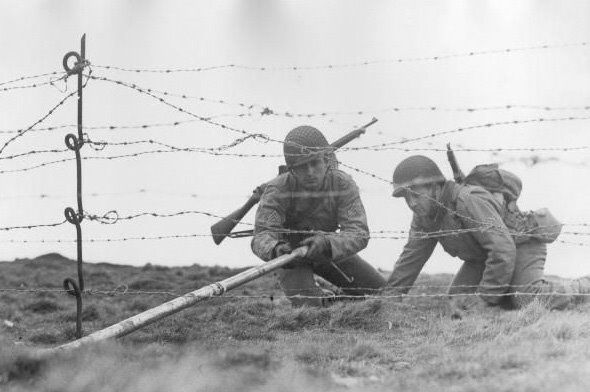- Jul 4, 2009
- 575
- 50
- Primary Interest:
- All Treasure Hunting
curious how do you work out the depth of the sand at a beach
Upvote
0


metal mania said:curious how do you work out the depth of the sand at a beach
Marty-Graw said:I think the answer you are looking for is ..... if you hunt a certain beach on a regular basis then you have to find a constant...a lifeguard tower, set of stairs, a pier and just keep an eye on how high the sand is on that object and once you have a pretty good understanding of the "average" depth of sand at that point you can get an idea if the beach has extra sand or not.... thats how I know if the water level at the lake I hunt is up or down by how far above or below a particular board on a certain pier
Silver Surfer said:C'mon guys, I think it is a valid question.... If I knew there was a beach that historically had deep sand, and one that had hardpan consistently less than that, I would surely want to hunt it more than the deeper beach since gold would stop within reach... Of course, sand moves, but you have to admit, beaches that are constantly "re-nourished" cant be as good as beaches that arent, and dont usually have the sand go from 2 ft deep to 6 feet deep overnight...
As far as determining the depth, that can only be determined by hunting a beach a lot, and at various times of the year, and even then, you could probably only get a good estimate of the "general" depth of the sand there...
metal mania said:The stock answer is go to the golden ord site I think its called excellent site the guy did an outstanding job. I was thinking more of ultra sound or geo physic equipment using goggle earth metal rods .
Treasure Hunter is right. You have to have knowledge of past history at the beach in question. Or you can look for a guy on the beach with a Plexiglas box and ask him what the depth is.Treasure_Hunter said:metal mania said:The stock answer is go to the golden ord site I think its called excellent site the guy did an outstanding job. I was thinking more of ultra sound or geo physic equipment using goggle earth metal rods .
Problem is as far as hunters hunting a beach go your measurement will only be valid at the time you made it and for a very short period of time. The depth can, will and does change the following tide, day, week, or even the very next couple of hours as wave action digs a ditch, or rip tide digs a hole so what is the point of spending all the time doing it?
If the experiment was made on a fresh body of water that has no wave action it would be more valid, on a constantly changing salt water beach it makes no sense....
Sandman said:Treasure Hunter is right. You have to have knowledge of past history at the beach in question. Or you can look for a guy on the beach with a Plexiglas box and ask him what the depth is.Treasure_Hunter said:metal mania said:The stock answer is go to the golden ord site I think its called excellent site the guy did an outstanding job. I was thinking more of ultra sound or geo physic equipment using goggle earth metal rods .
Problem is as far as hunters hunting a beach go your measurement will only be valid at the time you made it and for a very short period of time. The depth can, will and does change the following tide, day, week, or even the very next couple of hours as wave action digs a ditch, or rip tide digs a hole so what is the point of spending all the time doing it?
If the experiment was made on a fresh body of water that has no wave action it would be more valid, on a constantly changing salt water beach it makes no sense....

I found a pretty big area like that at Miami this last time... Negative tide... Pretty big cut.... Unfortunately, I was about 1/2 mile from where I parked, couldnt dig with the scoop at all due to all the rocks/coral, and my snorkel/mask was back at the truck.. I figure the only way to hunt the multiple signals I was getting was to fan, but you cant do that without at least a mask.. The waves made visability really poor...ron lord said:I look for Rocks in the water thats where you will find Gold.